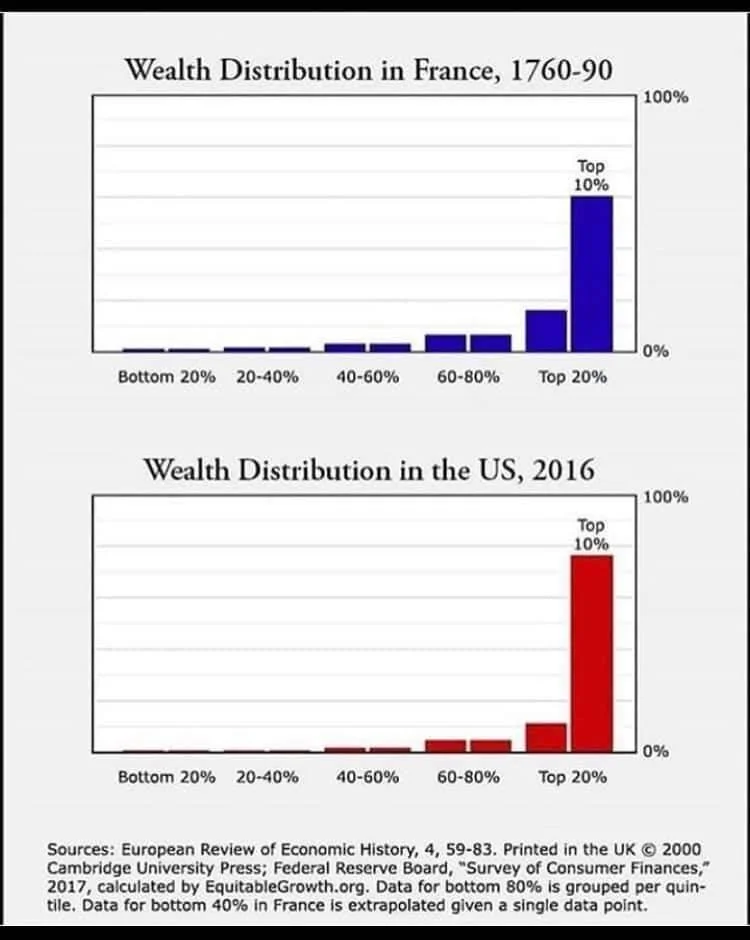Yes, in fact, I do. I specifically seek out and read literature from people with whom I have knee-jerk disagreements.
How else will I be sure I'm not trapped in a thought bubble? It's important to read critically from a variety of sources, while reserving judgement. That's literally how you learn. It's too easy to fall for propaganda, otherwise.


I'm not sure "favorite" is something I can quantify for you with such ease, as I'm not ranking my favorite movies/spectacles, here. We're discussing engaging with things that don't just pet and soothe your inbuilt biases. It'd be like asking my favorite college coursework textbook.
I most recently digested George Soros' "Alchemy Of Finance" via audiobook, (though I'm not sure he really qualifies as a hedge fund manager, exactly). I'm no fan of his hyper-neo-liberal leanings, but why should I be scared to read what he has to say about finance? I have time. His musings on reflexivity were compelling enough, I guess.
I've also recently plowed through Anne Case and Angus Deaton's "Deaths Of Despair". I've historically chafed against Deaton's particular brand of neo-lib economics. It seems he's had something of a mea culpa moment in the past few years, since his Nobel prize in Econ, because he's been running around pissing off a bunch of economists with articles like these.
If you have any recommendations I'm open to them!